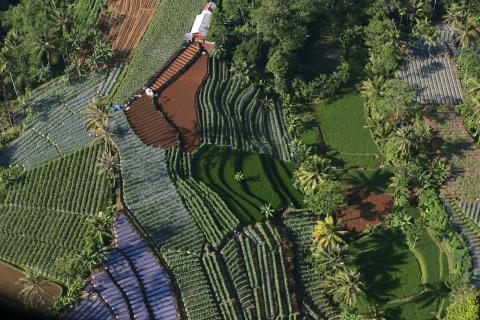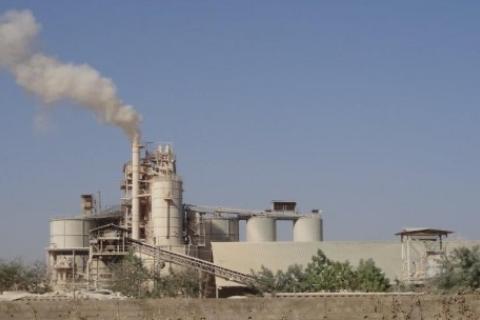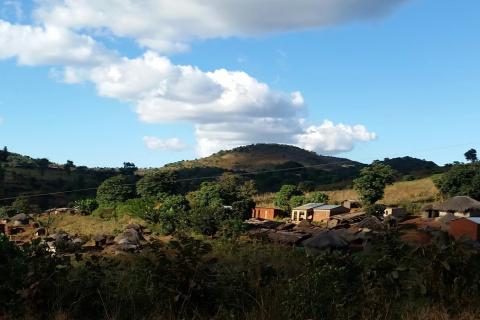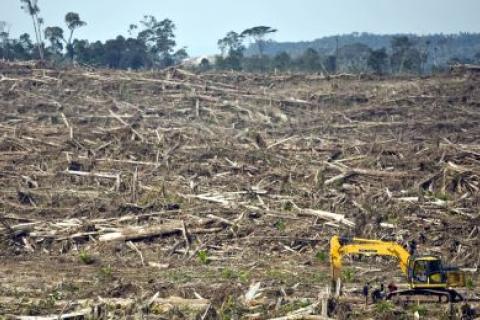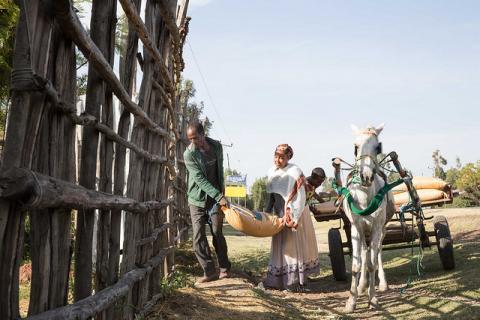
Topics and Regions
Lorenzo Cotula is an expert in law and development. He works on international investment law, human rights, land rights and legal issues related to "land grabbing", as well as the political economy of natural resource investments. He leads IIED's work on Legal Tools for Citizen Empowerment – a collaborative initiative to strengthen local rights and voices in natural resource investments. He has extensive experience in low-income countries in Africa and Asia.
Law and development, human rights, international investment law, human rights, land rights and legal issues in "land grabbing", law and political economy in natural resource investments.
Extensive country experience in Africa and Asia, particularly low-income countries in these regions.
Lead on Legal Tools for Citizen Empowerment – a collaborative initiative to strengthen local rights and voices in natural resource investments; rethinking investment treaties, laws and contracts; accountability in investment chains, legal and social accountability tools in agricultural investments; legal empowerment work, and international lesson sharing among legal empowerment practitioners.
Research consultant to the Legal Office of the Food and Agriculture Organization of the UN (FAO); collaboration with two Italian NGOs.
Education:
Postgraduate certificate in Sustainable Business, University of Cambridge; PhD in Law, University of Edinburgh; MSc in Development Studies (Distinction), London School of Economics; Degree in Law (cum laude), University "La Sapienza" of Rome.
Italian, English and French
Details
Affiliation:
Location
Contributions
Displaying 1 - 10 of 10The Global Land Rush, Revisited
When the US housing bubble burst in late 2008, it dragged major banks into liquidation and destabilised financial systems worldwide. A long, era-defining recession ensued, ushering bank bailouts, currency crises and austerity measures. Meanwhile, China’s skyrocketing industrial production was shifting global economic power.
Addressing land and policy grabs in the shadow of COVID-19
Reports suggest the COVID-19 fallout is providing opportunities for elites to seize lands and rewrite regulations. We need effective responses to secure land rights and lay the foundations for a just recovery.
COVID-19 and global economic ordering: radical shift or more of the same?
The fallout from COVID-19 has triggered narratives about profound changes to economic ordering. A closer look provides a more complex picture, particularly for countries in the global South.
As the world begins to reckon with the scale of COVID-19’s economic impacts, there is a growing sense that the pandemic will reconfigure the role of state and market for years to come.
Land rights and investments: why business standards are not enough
International standards can help businesses fill gaps in national law, but addressing issues at scale requires systemic governance reform.
International Soft-Law Instruments and Global Resource Governance: Reflections on the Tenure Guidelines
Following last week’s meeting of the UN Committee on World Food Security (CFS), this piece reflects on a key CFS soft-law instrument. It is an edited extract from the article “International Soft-Law Instruments and Global Resource Governance: Reflections on the Voluntary Guidelines on the Responsible Governance of Tenure”, Law, Environment and Development Journal (2017) 13(2):115-133. The full article can be freely downloaded at https://lead-journal.org/content/17115.pdf.
Legal activism key to securing land rights during new investment phase
In the face of rapid changes, how can people in Cameroon ensure they get the best deal to protect their land?
In the shade of a local school’s corrugated iron roof, a group of men and women debate what to do.
Commodity cycles, economic treaties and pressures on land rights
By Lorenzo Cotula, Principal Researcher for the International Institute for Environment and Development (IIED)
The commodity slump has cooled the global land rush. But land rights are still under pressure, requiring action at local to global levels.
How investment treaties protect 'land grab' deals
New research examining the geographical coverage of international investment treaties raises concern about how they might affect public action to address 'land grabbing'.
It is increasingly clear that the international legal arrangements governing the global economy can have direct implications for land governance.
How investment treaties protect 'land grab' deals
New research examining the geographical coverage of international investment treaties raises concern about how they might affect public action to address 'land grabbing'.
It is increasingly clear that the international legal arrangements governing the global economy can have direct implications for land governance.


